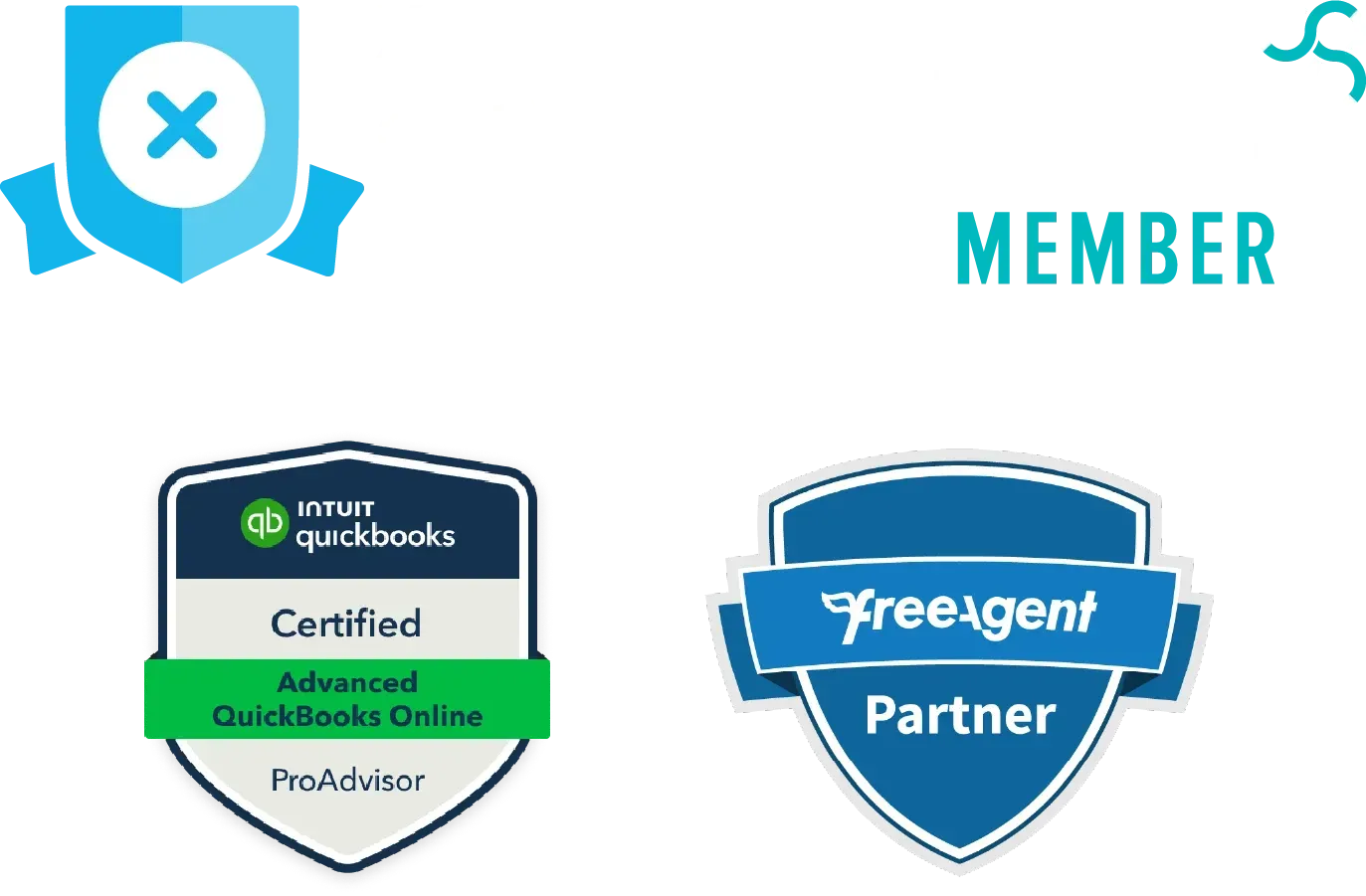
Clear finances, down-to-earth results
Say goodbye to stuffy suits and jargon-filled conversations you can't understand. I offer financial solutions in a refreshingly straightforward approach, for people who want to reach their business goals faster and achieve financial security without the accounting headache.
Free up your time, enjoy your life
I know your business is important to you. But so is your life outside of work. Let me take care of your numbers so you can be there for life’s more important moments.

My mission is to help you create a roadmap for financial success, set achievable goals and help guide you towards them.
— Pat van Aalst
Popular services
I offer a range of accounting services to help your business flourish.
Virtual Finance Manager
Leave me to manage your finance function so you can concentrate on the day-to-day running of your business.
Bookkeeping
Stay on top of your numbers with a bookkeeping solution that gives you meticulously accurate financial records.
Management Accounts
Make informed business decisions and keep your business finances under control with my management accounts service.
Corporation Tax
Meet your tax obligations with an expert solution, ensuring compliance and maximising savings for your business.
Payroll
I offer an effortless payroll solution, ensuring accurate and timely payments for your team every single time.
VAT
Simplifying this complex process by preparing and filing your VAT returns with HMRC on your behalf.
Why choose us?
Here's just a few reasons why people choose to work with me.
Remote accounting
I support clients across the UK with expert accounting services delivered online – no travel, no office visits, just straightforward help when you need it.
Year-round support
Unlike some accountants who only seem to appear at tax time, I'm here for you throughout the year to help keep your business on track.
Tailored solutions
My services are never one-size-fits-all. I take the time to understand your specific needs and create solutions that align with your goals.
Latest articles





